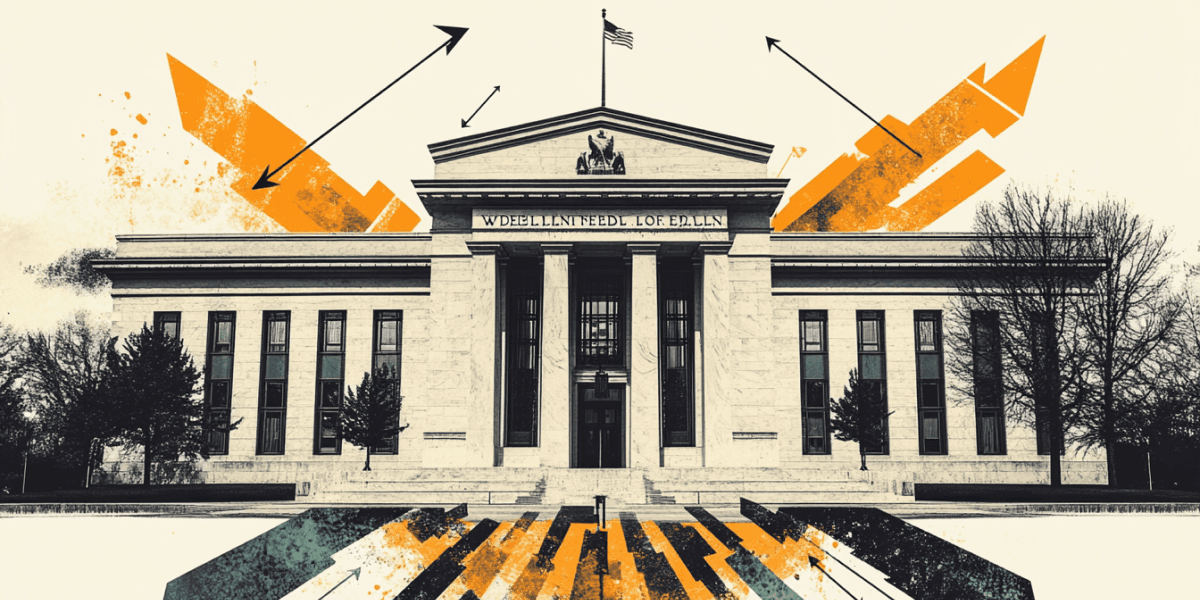USD/CHF holds above 0.8800 as traders await US PCE inflation data
- USD/CHF gains traction to around 0.8825 in Friday’s early European session.
- The US economy expanded at an annual 2.4% pace in the final three months of 2024.
- The US February PCE inflation report will be the highlight later on Friday.

The USD/CHF pair trades in positive territory near 0.8825 during the early European session on Friday. The Greenback edges higher as traders assess how severe tariffs scheduled to be revealed by US President Donald Trump next week are likely to impact the global economy. The US February Personal Consumption Expenditures (PCE) data will be in the spotlight later on Friday.
Rising optimism that Trump will be flexible in determining tariffs could boost risk sentiment and the US Dollar (USD). Trump stated on Monday that automobile tariffs will be implemented shortly, but that not all of his threatening duties would be levied on April 2 and some nations may get exemptions. However, any signs of escalating trade tensions could underpin the Swiss Franc (CHF), the safe-haven currency, and act as a headwind for the pair.
The third release of the figures from the Bureau of Economic Analysis on Thursday showed that the US economy grew at an annual 2.4% pace in the final three months of 2024. This figure came in slightly better than the previous estimate of fourth-quarter growth.
Traders will take more cues from the US PCE inflation data due on Friday. Cooler inflation would allow the Federal Reserve (Fed) to cut interest rates. The US central bank cut rates late last year but held its benchmark interest rate steady in the March meeting due to concerns that Trump's policy of raising tariffs could reignite high inflation.
Swiss Franc FAQs
The Swiss Franc (CHF) is Switzerland’s official currency. It is among the top ten most traded currencies globally, reaching volumes that well exceed the size of the Swiss economy. Its value is determined by the broad market sentiment, the country’s economic health or action taken by the Swiss National Bank (SNB), among other factors. Between 2011 and 2015, the Swiss Franc was pegged to the Euro (EUR). The peg was abruptly removed, resulting in a more than 20% increase in the Franc’s value, causing a turmoil in markets. Even though the peg isn’t in force anymore, CHF fortunes tend to be highly correlated with the Euro ones due to the high dependency of the Swiss economy on the neighboring Eurozone.
The Swiss Franc (CHF) is considered a safe-haven asset, or a currency that investors tend to buy in times of market stress. This is due to the perceived status of Switzerland in the world: a stable economy, a strong export sector, big central bank reserves or a longstanding political stance towards neutrality in global conflicts make the country’s currency a good choice for investors fleeing from risks. Turbulent times are likely to strengthen CHF value against other currencies that are seen as more risky to invest in.
The Swiss National Bank (SNB) meets four times a year – once every quarter, less than other major central banks – to decide on monetary policy. The bank aims for an annual inflation rate of less than 2%. When inflation is above target or forecasted to be above target in the foreseeable future, the bank will attempt to tame price growth by raising its policy rate. Higher interest rates are generally positive for the Swiss Franc (CHF) as they lead to higher yields, making the country a more attractive place for investors. On the contrary, lower interest rates tend to weaken CHF.
Macroeconomic data releases in Switzerland are key to assessing the state of the economy and can impact the Swiss Franc’s (CHF) valuation. The Swiss economy is broadly stable, but any sudden change in economic growth, inflation, current account or the central bank’s currency reserves have the potential to trigger moves in CHF. Generally, high economic growth, low unemployment and high confidence are good for CHF. Conversely, if economic data points to weakening momentum, CHF is likely to depreciate.
As a small and open economy, Switzerland is heavily dependent on the health of the neighboring Eurozone economies. The broader European Union is Switzerland’s main economic partner and a key political ally, so macroeconomic and monetary policy stability in the Eurozone is essential for Switzerland and, thus, for the Swiss Franc (CHF). With such dependency, some models suggest that the correlation between the fortunes of the Euro (EUR) and the CHF is more than 90%, or close to perfect.
Author

Lallalit Srijandorn
FXStreet
Lallalit Srijandorn is a Parisian at heart. She has lived in France since 2019 and now becomes a digital entrepreneur based in Paris and Bangkok.
















